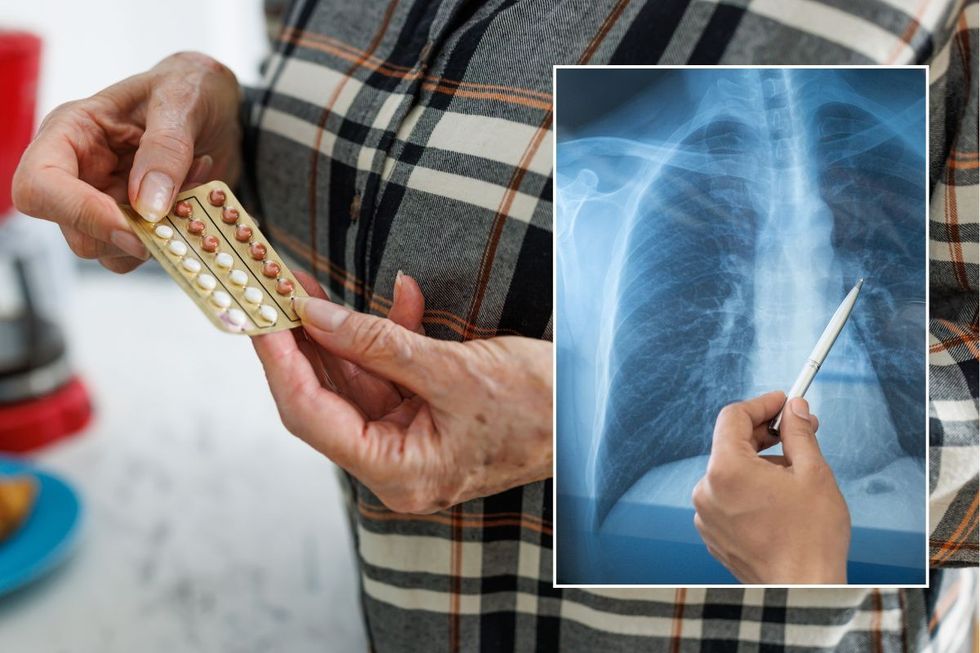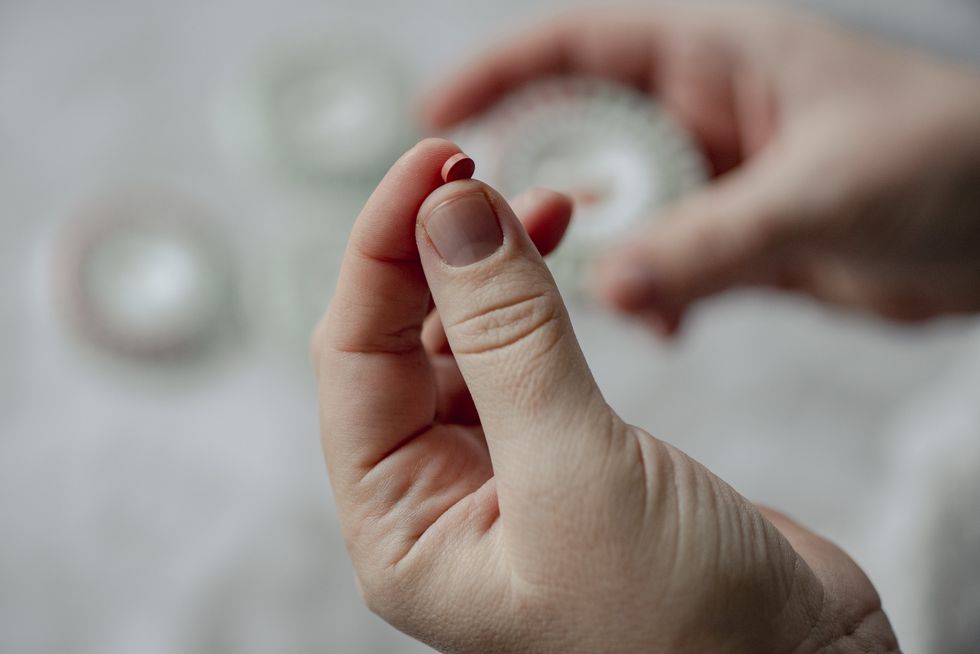Millions of women warned as popular pill may double risk of deadly lung clots

Experts have advised against prescribing oral oestrogen therapy to women with type 2 diabetes
Don't Miss
Most Read
Latest
New research has found that women with type 2 diabetes who take HRT pills face twice the risk of developing dangerous blood clots in their lungs compared to those using skin patches.
The warning comes from scientists who discovered that oral hormone replacement therapy doubles the chances of pulmonary embolism - a potentially life-threatening condition where clots block blood vessels in the lungs.
It's a serious concern for the millions of women who rely on HRT to manage menopause symptoms like hot flashes and night sweats. The findings suggest diabetic women need to carefully consider which form of HRT they choose.
Scientists at the University of Liverpool tracked more than 36,000 women taking HRT for five years to understand the risks.

HRT pills may disrupt the delicate balance between proteins that help and prevent blood clotting
|GETTY
Their findings are striking - women with type 2 diabetes who take oral HRT not only face double the risk of lung blood clots but also have a 21 per cent higher chance of developing heart disease.
The research was presented at the European Association for the Study of Diabetes annual meeting in Vienna.
With around 2.6 million UK women using some form of HRT between 2023 and 2024, these findings could affect treatment decisions for many diabetic women experiencing menopause.
The study's lead researcher, Matthew Anson, believes diabetic women shouldn't be prescribed oral oestrogen therapy at all.
"Given increased risks with oral HRT, we propose that women with type 2 diabetes should not be prescribed oral oestrogen therapy," he said.
It's worth noting that the research found no difference in risk for other conditions like deep vein thrombosis, stroke, or various cancers between pill and patch users.
Anson hopes the findings will help diabetic women and their doctors make better-informed choices about HRT.
"The decision to use HRT, even for a short period of time, is very difficult for many women," he explained. The reason behind the increased risk appears to be how the body processes different forms of HRT.
LATEST DEVELOPMENTS

HRT pills may disrupt the delicate balance between proteins that help and prevent blood clotting
|GETTY
When women take HRT pills, the liver breaks down much of the oestrogen before it reaches the bloodstream, which researchers believe disrupts the delicate balance between proteins that help and prevent blood clotting.
Patches work differently - they deliver lower doses of oestrogen directly through the skin into circulation, bypassing the liver entirely.
This more direct route seems to avoid the clotting issues that make oral HRT particularly risky for diabetic women. The findings add to growing evidence that delivery method matters as much as the medication itself.
Our Standards: The GB News Editorial Charter











